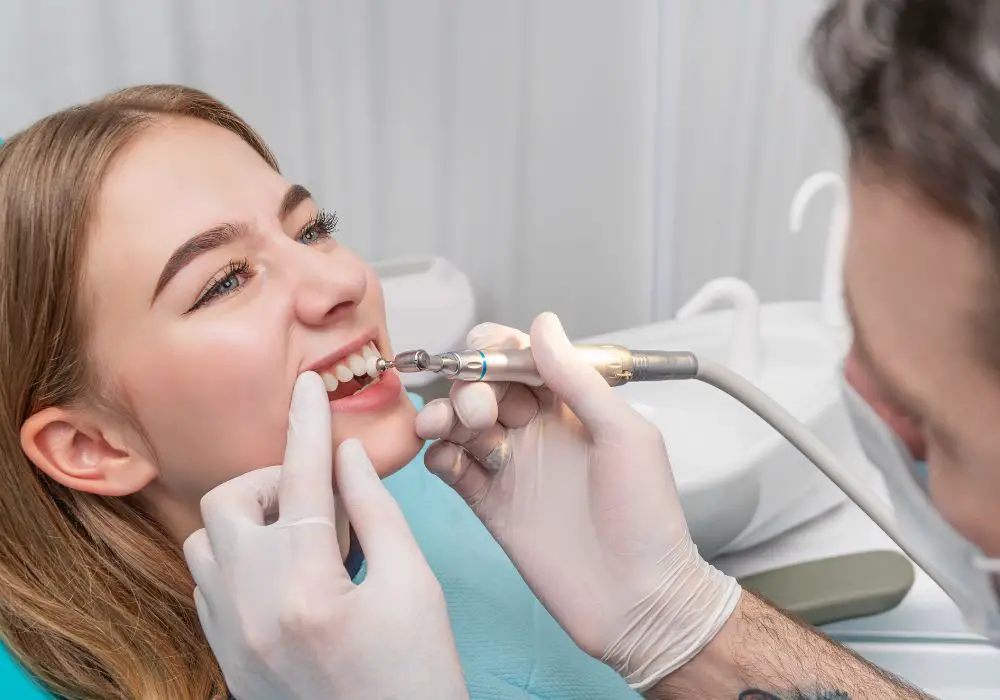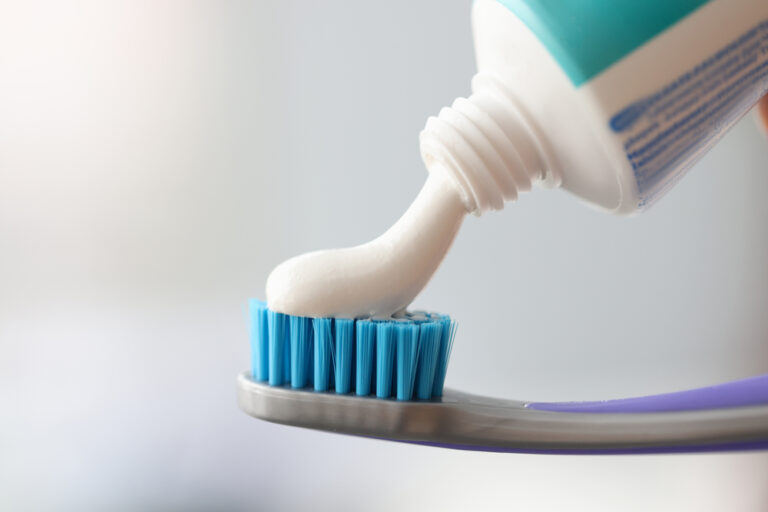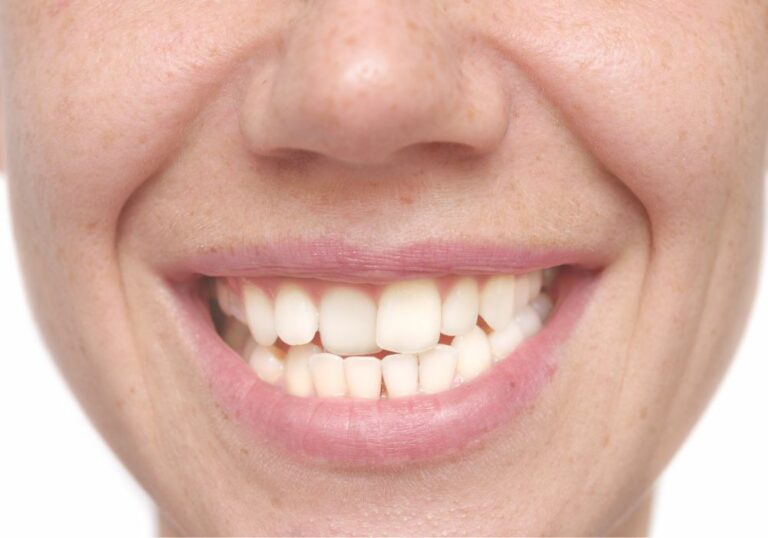Have you been told by your dentist that your gums need deep cleaning? You might be wondering why you need it and what the process involves. Don’t worry, we’ve got you covered. This guide will explain the dental deep cleaning process, the reasons you might need it, and how to care for your teeth afterward.
What is Dental Deep Cleaning?

If your dentist recommends a dental deep cleaning, it’s likely because you have or are at risk of developing gum disease. Deep cleaning, also known as tooth scaling and root planing, treats inflamed gums and removes tartar.
During a deep cleaning, your dentist will clean off tartar, which is hardened mineral buildup on your teeth. Tooth scaling removes tartar from the surface of your teeth, while root planing focuses on tartar below the gum line and on the roots.
Why You Might Need Deep Teeth Cleaning
Gum disease is common, affecting nearly half of Americans over 30. The risk increases with age, with about three-quarters of adults over 65 having periodontitis.
Factors that increase the risk of gum disease include:
- Family history of periodontitis
- Diabetes, arthritis, or heart disease
- Hormonal changes during pregnancy
- Defective dental work
- Poor oral hygiene, smoking, and stress
Deep Cleaning Diagnosis
During a routine check-up, your dentist checks for infections, cavities, bone loss, and gum health. If periodontitis is diagnosed, they will explain your treatment options. Deep cleaning will be scheduled for a future date.
Deep Cleaning Treatment
The treatment involves two main steps: tooth scaling and root planing. The procedure cleans above and below the gum line to remove tartar from every tooth and root.
You will be awake during the treatment but will receive a local anesthetic to numb your mouth.
- Tooth Scaling: Your dentist uses an ultrasonic scaler, a vibrating tool, to remove tartar from above the gum line. A water spray washes away the loosened tartar. Any remaining tartar is removed manually with a curette and dental scaler.
- Root Planing: The dentist cleans the roots below the gum line, smoothing them to make it harder for tartar to reattach. Antibiotics may be injected into gum pockets if necessary.
After Deep Dental Cleaning
After a deep cleaning, your teeth will be smoother, making it harder for plaque and bacteria to stick. As your gums heal, inflammation will decrease, and healthy gums will reattach more firmly to the tooth roots.
Your dentist will schedule follow-up appointments to measure the size of the gum pockets. If pockets haven’t reduced, further treatment like periodontal surgery may be needed.
Caring For Your Teeth Following Deep Cleaning

To maintain the benefits of a deep cleaning, keep your teeth as clean as possible and follow any prescribed medication regimen. Establish a good oral hygiene routine:
- Brush your teeth for two minutes each time, twice a day.
- Floss daily.
- Change your toothbrush every three to four months.
What to Avoid After Dental Deep Cleaning
Because of the local anesthetic, your mouth will be numb for a while. Avoid eating until the numbness wears off to prevent injury.
Post-treatment, your teeth and gums may be sensitive. To aid healing and avoid discomfort, avoid:
- Spicy and acidic foods for at least six hours
- Hard, sharp, very hot, or cold foods for 48 hours
- Foods requiring a lot of chewing
Over-the-counter pain medication can help if you experience discomfort. Follow your dentist’s instructions if prescribed antibiotics.
Are There Any Risks to Deep Cleaning?
The risks of deep cleaning are minimal. Some discomfort during healing is normal. If you have certain heart conditions, antibiotics before treatment may be necessary to lower infection risk.
Discuss any medical conditions with your dentist during your dental root-planing consultation.
Is Deep Cleaning Necessary if Your Dentist Recommends It?

If your dentist recommends deep cleaning, it’s up to you to decide. However, skipping the treatment could lead to painful teeth and gums, tooth loss, and more invasive, expensive dental procedures.
Preventing Gum Disease
Good oral hygiene can help prevent gum disease. Brush and floss daily and get regular dental check-ups. For some, this means every six months; for others, yearly check-ups may suffice.
Symptoms of Gum Disease
You may need a deep clean if you have:
- Bad breath (halitosis)
- Red, swollen, or bleeding gums
- Painful or difficult chewing
- Receding gums
- Toothache or sensitivity
If gum disease is not treated, it can result in tooth loss.
Conclusion
Dental deep cleaning removes tartar buildup from teeth and roots. Your dentist will discuss the procedure and schedule the necessary visits. Good oral hygiene and regular check-ups can prevent the need for deep cleaning. If you have symptoms of gum disease, schedule a dental root-planing consultation with your dentist.
FAQ
1. What is the difference between tooth scaling and root planing?
Tooth scaling removes tartar from the tooth surface above the gum line, while root planing cleans and smooths the roots below the gum line.
2. Is deep cleaning painful?
With a local anesthetic, you shouldn’t feel pain during the procedure. Some discomfort after treatment is normal but manageable with over-the-counter pain relief.
3. How often do I need deep cleaning?
The frequency depends on your gum health. Your dentist will provide guidance tailored to your specific condition.
4. Can I eat immediately after deep cleaning?
Wait until the numbness from the anesthetic wears off to avoid injuring your mouth. Avoid certain foods to reduce sensitivity and aid healing.
5. What are the risks of deep cleaning?
Risks are minimal but may include temporary discomfort. Antibiotics might be necessary for those with certain heart conditions.
For more detailed information, consider scheduling a dental root-planing consultation.







